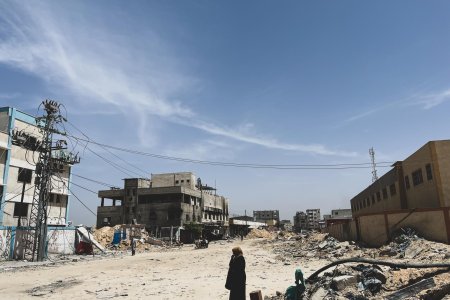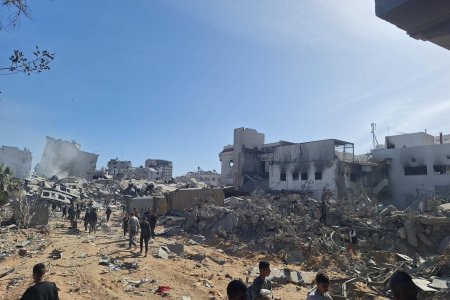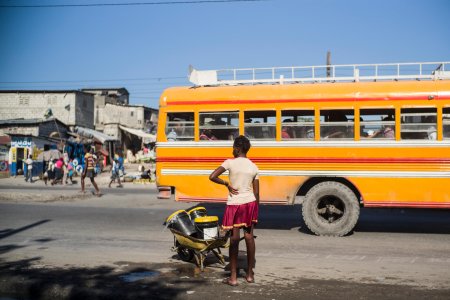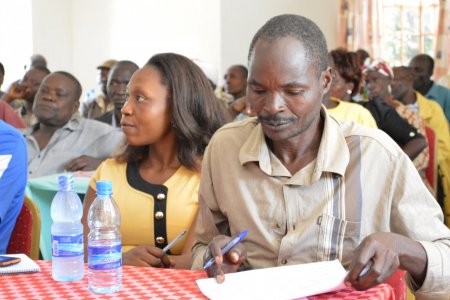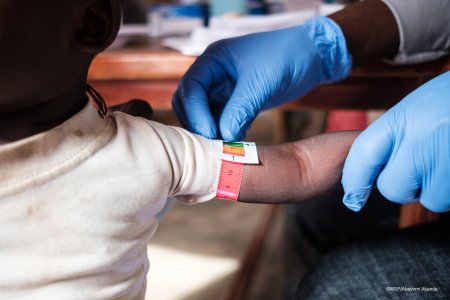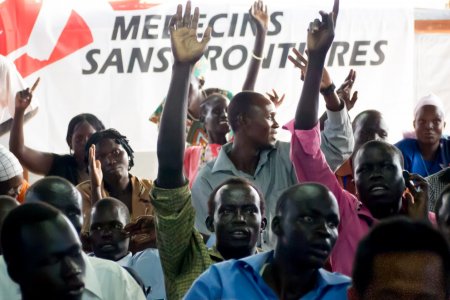
Since April 2018, Elba has been in charge of dissemination at CRASH. Elba holds a Master's degree in History of Classical Philosophy and a Master's degree in editorial consulting and digital knowledge management. During her studies, she worked on moral philosophy issues and was particularly interested in the practical necessity and the moral, legal and political prohibition of lying in Kant's philosophy.

